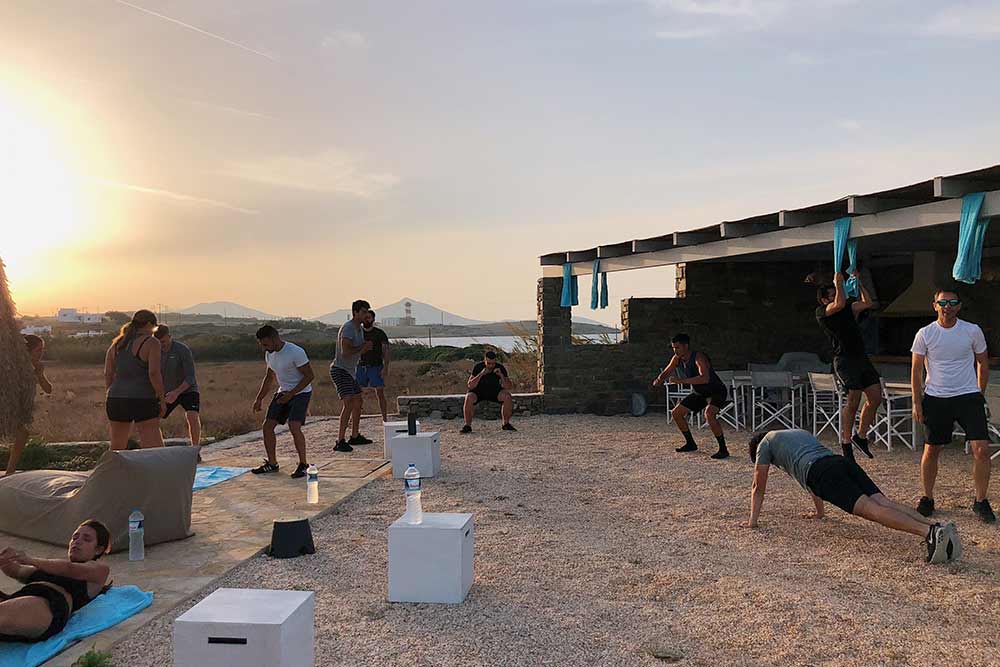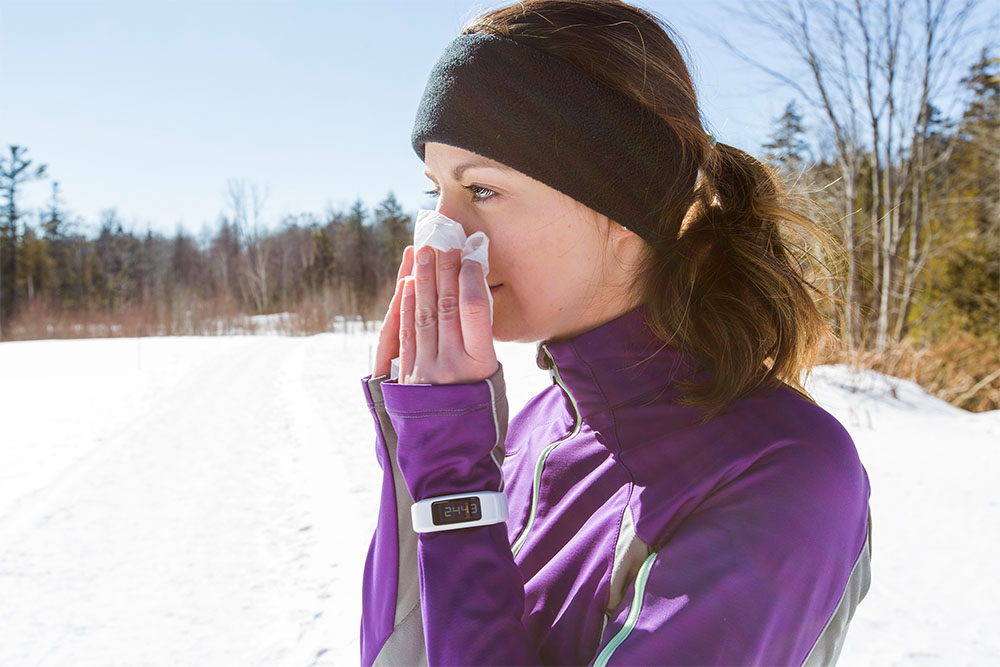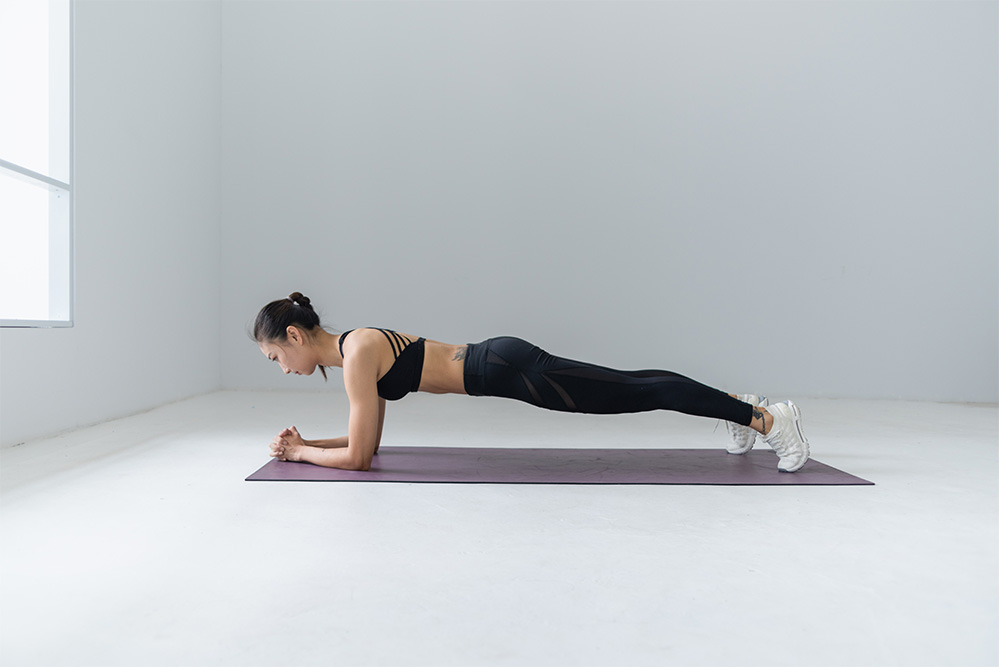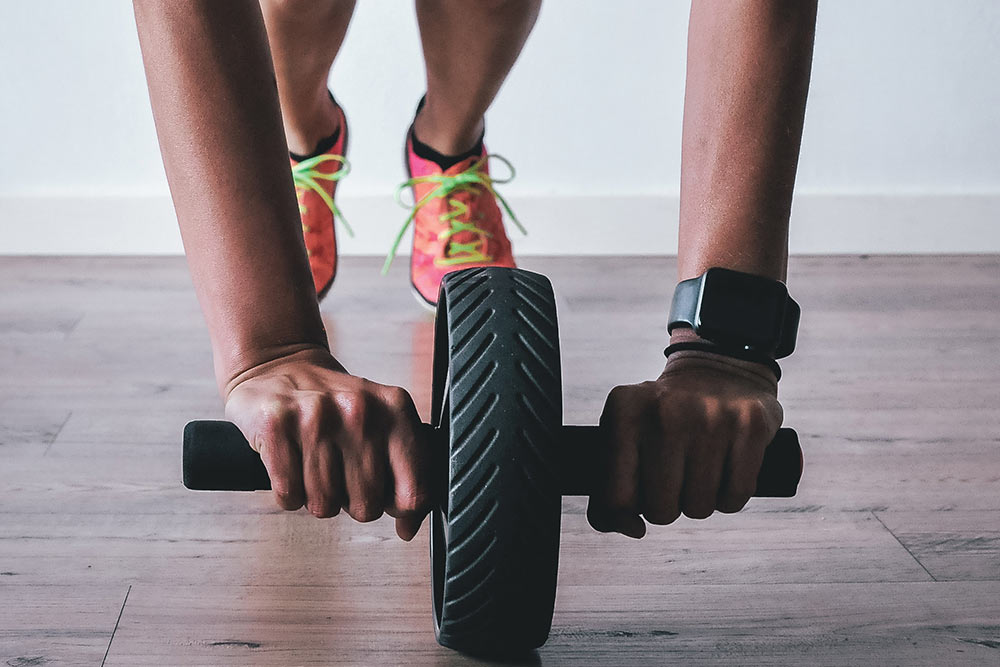High Volume Training Affects Immune System In Endurance Athletes

Alyssa Bialowas
Exercising regularly and moderately improves your overall health, which is said to help boost and strengthen your immune system, defending the body against infections. However, overdoing it with strenuous repeated exercise can reduce immune function, and endurance athletes have a notably depressed immunity, especially when it comes to upper respiratory tract infections. When elite endurance athletes do get colds, they tend to last longer on average, especially after a long race. For this reason, it is important for endurance athletes, or any athlete for that matter, to remain healthy and ready to train and compete.
A team of researchers from the School of Sports Science at Umea University in Sweden set out to observe whether high training volumes are associated with a low number of sick days in elite endurance athletes. Seven elite athletes participated in the study, composed of cross-country skiers, biathletes, and long-distance runners. All the athletes formerly performed at the top national or international level in their respective endurance sport, and were between the ages of 17-24 years old. The subjects reported a training period that lasted between 3-16 years, with continuous observation taking place throughout the course of the study.
Related Article: 4 Tips To Keep Your HIIT Frequency In Check
The Study
The athletes who participated in the study were directed to keep a rigorous record of their training in a log book. The athletes detailed how many hours and kilometers they trained for, the number of days that they were injured, and the number of sick days they took off training over the course of the study. The training logs were updated daily, and when participants were sick or injured, they did not train that day. Some of the injured and sick days included examination by a physician, but most did not. Researchers analyzed the raw data from the training logs in 12 month intervals, and counted the sum of hours and kilometers trained. A minimum of 3 years of logged training were required for inclusion in the study.
Analyses were performed and the results indicate that the number of training days reported missed by an athlete is negatively correlated to the volume of training of elite endurance athletes. This finding is in line with previous suggestions that elite endurance athletes with a high training load is tied to a low incidence of self-reported injury and sick days. The subjects had trained an average of 462 hours per year, were sick on an average of 15 days, and 21 average injury days were reported.
Related Article: Increase Your Immune System Through Exercise
Takeaway
Moderate physical activity lowers the risk for infection, and as described in the results of the study, intense endurance training has a similar effect in elite distance athletes. However, moderate athletes that over-train report an increased number of self-reported upper respiratory tract infections. Elite training and competition requires an immune system capable of withstanding infections and sickness. The balance between training and rest and the relationship to injury is clear for elite endurance training programs.
Related Article: 10 Ways To Boost Your Immunity
Endurance Athletes: Why Women Win In The Long Run
Hunter Bennett It is commonly thought that when it comes to athletic endeavors, men have a bit of genetic advantage. Due to their enhanced capacity to build more muscle mass and develop greater amounts of...What Does CrossFit Do to Your Body?
Hunter Bennett As far as the world of exercise science goes, there tends to be a lot of research on most common training modalities – which is obviously a good thing. You see, it is...The Effects of Exercising On a High Fat Diet
Hunter Bennett When it comes to diet, there is an incredible amount of information out there – but unfortunately, most of it is somewhat conflicting. There are certain individuals who swear by a high carbohydrate...The Rise of CrossFit
Hunter Bennett Over the last few years, we have seen a resurgence in both high-intensity interval training, and barbell-based strength training – which is undoubtedly a good thing. These types of exercise have been shown...Can Nitrate Rich Vegetables Boost Your Endurance?
Dayton Kelly This article was adapted from a combination of speeches given at the European Sports Science Conference 2018, most notably Cindy Van Der Avoort (Han University of Applied Sciences, Maastricht University Medical Center+,...10 Ways To Boost Your Immunity
Dayton Kelly The following was adapted from a combination of speeches given at the European Sports Science Conference 2017, most notably Walsh, N. et al. and Nieman, D. . Everyone hates getting sick. It is...Reference
Malm, C., Martensson, S., Nordebo, K. (2014). “High Training Volumes are Associated
with a Low Number of Self-Reported Sick Days in Elite Endurance Athletes.”
Journal of Sports Science and Medicine, 13, 929-933.















